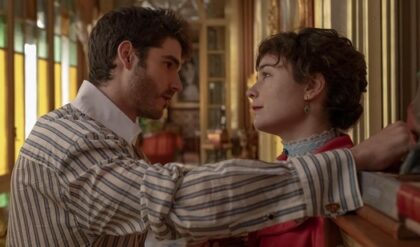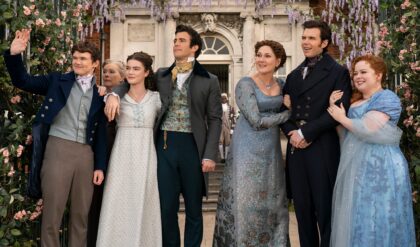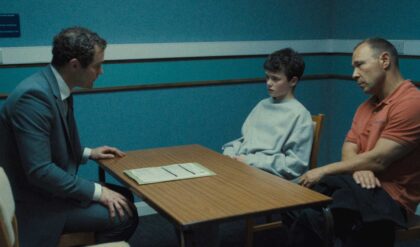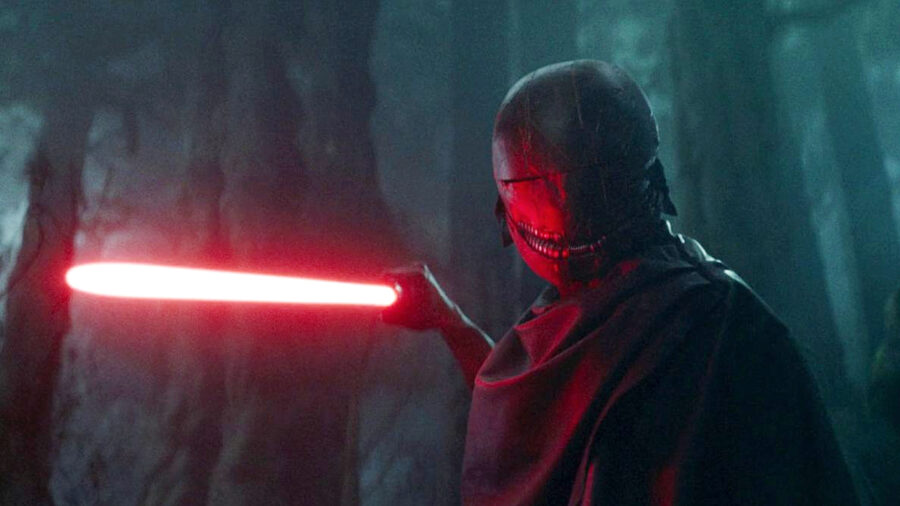
Right now, Star Wars fans are feeling a great disturbance in The Force, and it’s not hard to see why: The Acolyte was recently canceled, and we won’t get answers to the interesting mysteries introduced in season 1. The show was heavily criticized as the first season unfolded, but a common claim among its biggest fans is that this show is very popular and all the hate is simply coming from a very loud minority of fans. But it’s time for those fans to face a hard truth: at the end of the day, The Acolyte was canceled because not enough people were watching it.
Polarized Fandom

I’ve joked about it before, but it bears repeating: when it comes to Star Wars fandom, “begun, the culture wars have.” Every time a new show or movie comes out, two ideological camps immediately form, with one group inevitably saying that the new content is problematic because it features too many women, not enough white guys, or whatever else.
In turn, the other camp will claim that the new content is the best thing since lightsaber-sliced bread and that anyone who doesn’t absolutely love it is horrifically racist, misogynistic, and so on.
Loud Minority
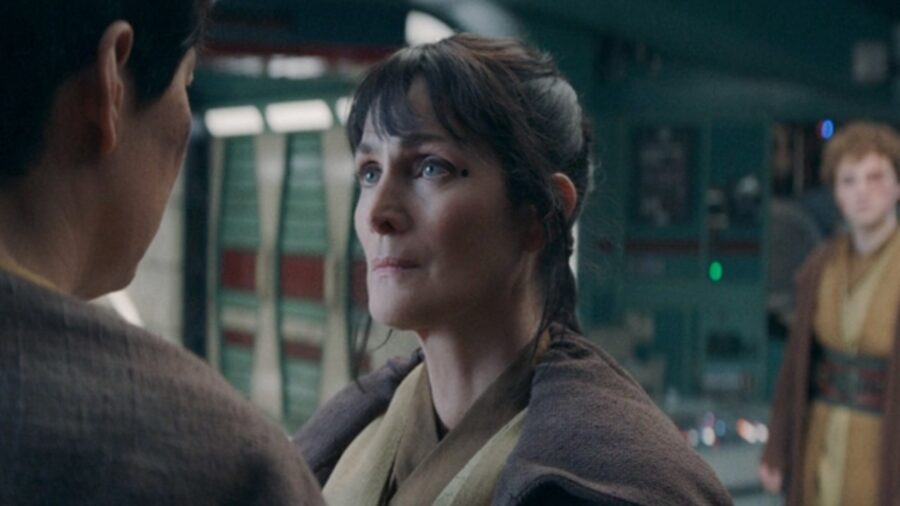
News of The Acolyte being canceled reveals that the truth, as always, lies somewhere more in the middle. Certainly, the cottage industry of angry influencers trying to harness rage clicks is very real, as is the review bombing of any show that upsets the delicate sensibilities of their audiences.
However, this group of haters and their (ahem) acolytes really is a vocal minority, but that’s not the larger problem with Star Wars shows getting canceled.
Not Enough Viewers

Simply put, just because a group of loud idiots is bashing a show for the stupidest possible reasons doesn’t mean that everyone else loves the show. In the case of The Acolyte, the show was clearly canceled because not enough people were tuning in to watch it each week.
Most of the potential audience for this show was not swayed by angry YouTubers screaming about this popular franchise—instead, they either stopped watching after a while or never tuned in to begin with.
The Numbers Game
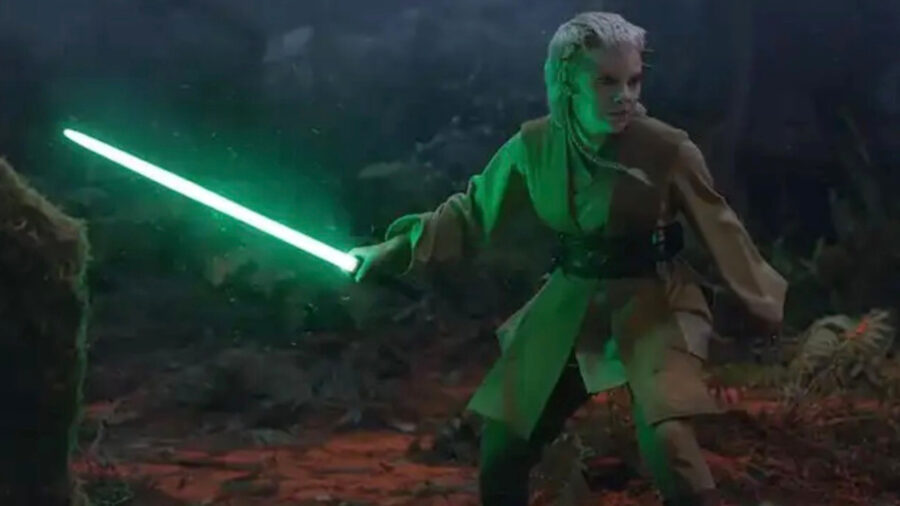
At the end of the day, Disney is in the numbers game: regardless of culture war nonsense, if enough people watch a show’s first season, it gets renewed for another. If not, the show gets thrown on the pile of dead shows, right next to all those burning Jawas.
Despite what superfans of The Acolyte will tell you, that vocal minority of screaming weirdos isn’t why the show got canceled—at the end of the day, it simply failed to appeal to audiences enough to get a renewal, just like The Book of Boba Fett.
Boogeymen

Honestly, the TL;DR of all this is that The Acolyte was canceled because it failed to appeal to enough fans, and there are plenty of potential reasons for that. Maybe audiences were confused by the mystery, turned off by the pacing, or simply tuned out thanks to Disney so thoroughly diluting the Star Wars brand.
The fans who really want shows like this to prosper should be fervently hoping that the House of Mouse learns from what went wrong so they can begin to right the ship of this troubled franchise.
Alternatively, we can continue blaming every canceled show on the boogeyman of Schrödinger’s haters—the ones who are simultaneously so few in number and not worth listening to yet can magically cancel even the most popular TV shows with a single angry video.
